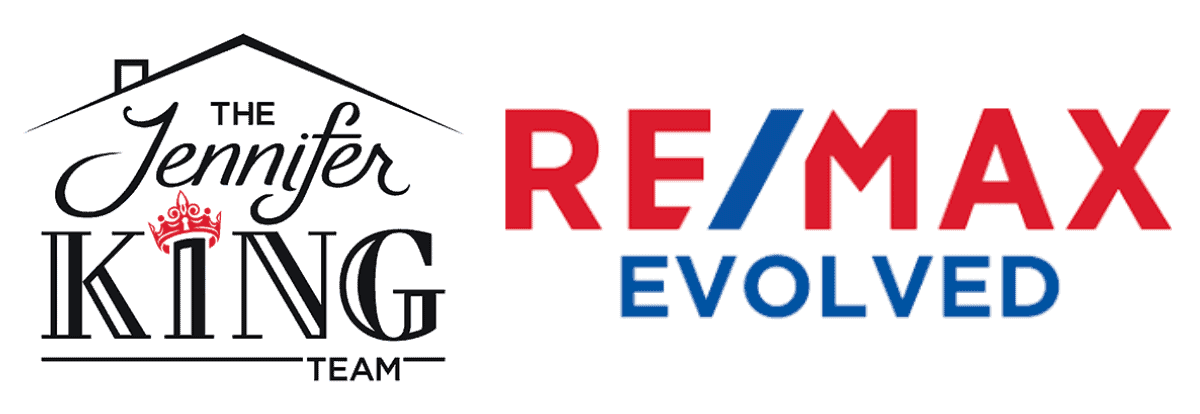Short sales vs. foreclosures – myths vs. realities
Short Sale vs Foreclosure – What’s the Difference?
There are some very specific things that differentiate short sales from foreclosures. It’s important to understand the differences!
Short Sales – Myths vs Reality
*Reality* – In a short sale, typically the owner is still living in the home. They’ve likely had extenuating circumstances – perhaps medical issues, job loss, death, divorce, etc., which caused them to have a hardship & fall behind on the payments. In the instance of a short sale, the sellers have decided to try to negotiate a short sale (or “short payoff” agreement) with the bank.

For example, if the property value today is $350,000 and the seller is unable to sell it for more than $300,000, the deficiency creates a possibility for a short sale. It’s called “short” because of the payoff being short of a full payoff – and has nothing to do with the length of time required to complete the purchase of a short sale property! (ie – In this instance, the bank would have to agree to accept the loss of the $50,000 difference in order to get the property sold. If they do not, the property will likely move forward to foreclosure.)

The sellers are still responsible to sign contracts on the home, and then the agent (or short sale negotiator) moves the contract forward to the bank &/or lien holder(s) for consideration. It’s not uncommon for short sales to take two months to two years to complete – so if you’re in a rush, this may not be an option for you to consider.
*Reality* – It’s important to note that lenders participating in a short sale will rarely, if ever, concede more than 2%-3% in seller assistance to a buyer – and rarely – if ever – accept a contract from a buyer who has a home to sell &/or sell & settle.
Foreclosure Sales – Myths vs Reality
 The bank has typically gone through all of the legal proceedings. They’ve worked through the court system and have actually physically taken over possession of the property. Again, this makes the bank, the seller instead of having a traditional seller that you would be working with.
The bank has typically gone through all of the legal proceedings. They’ve worked through the court system and have actually physically taken over possession of the property. Again, this makes the bank, the seller instead of having a traditional seller that you would be working with.

*Myth* – A short sale doesn’t indicate the length of time required to negotiate for the bank to accept a “short” (less than full) payoff on the amount that’s owed.
*Reality* – Short sales can take anywhere from two to three months all the way up to two years. If you’re in a hurry to buy a home, this may not be the right process for you.
*Myth* – Foreclosures can be bought for little to nothing!
*Reality* – Foreclosures CAN be a good deal – but as they are bank-owned, (or sometimes called REO – Real Estate Owned), they’re not likely to sell for ‘next-to-nothing’ as suggested on late-night TV infomercials
*Fact* – Foreclosures are typically vacant. The bank is often motivated to sell them quickly. They are generally able to make decisions pretty quickly since they’ve already completed the legal proceedings and reviewed all of the documents. Additionally, they are physically in ownership of the home. Banks aren’t in the real estate business, and they’re typically looking to get the property sold as quickly as possible. However, they typically have an ‘as-is’ appraisal completed by a local professional & generally negotiate a sale close to that price.
Common Factors – Short Sales & Foreclosures
- Both are typically sold as-is. While you may be allowed to complete inspections in both instances, it’s subject to purchasing the property “as-is”
- *Professional tip* – Keep in mind that these properties may not have been maintained well, due to the sellers’ hardships prior to short sale &/or foreclosure. Pay close attention to the “big ticket” items – roof, mechanicals, etc.. Make sure (via a professional or professionals) that they aren’t going to need immediate replacement or short-term large expenses

In summary – short sales and foreclosures can provide a great deal to those who are willing to go through the extra time and relative paperwork. You’ll want to be certain that you have a local and experienced Realtor to guide you throughout the process, to ensure you’re protected.
Interested in more information? Reach out anytime! Jennifer King is a CDPE (Certified Distressed Property Expert) and happy to help! Call 717-723-9080 or email jenniferking@remax.net
